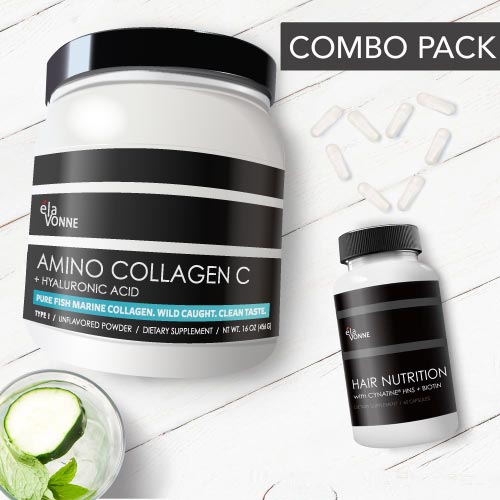2 Ways to Slow Down Biological Aging
How can we slow down aging? We can’t. But we can slow down the signs of aging by addressing our inner biology through diet and lifestyle.
Here are two key components to slowing down the biological clock and reducing the onset of the signs of aging.
1. Lower Your Heart Rate
Does lower heart rate slow down aging? Lower heart rate has been linked to longer life span (if it’s low for the right reasons) .
So how do we lower our heart rate?
Individuals who live to 100 years of age all have one thing in common… regular arduous exercise. Exercise will increase your heart rate for a short bit, but a short time afterward it translates into a lower resting heart rate.
Also, practice deep breathing. Slowing and deepening your breath will greatly help with a lower heart rate. Do this by taking a deep breath in, then take twice as long on the exhale. Make sure to exhale completely.
According to the Journal of Nutrition:
“…there might be contrasting effects of resting and nonresting energy expenditure on aging, with increases in the former being protective and increases in the latter being harmful.”
Simply put, releasing your energy through exercise will keep your resting hours more restful and slows biological aging.
2. Take an Omega-3 Fatty Acid Supplement
Over 25,000 studies have been done on the amazing benefits of Omega-3 fatty acids. A newer study that has recently come to the fore addresses longevity and healthy aging.
Increased levels of essential fatty acids help slow aging by protecting our telomeres (the protective tails on our chromosomes), and supporting against chronic inflammation, too name a couple benefits. Additionally, omega-3 fatty acids have been shown to lower heart rate by reducing the heartbeat by a few beats per minute.
Healthy aging on the inside of the body displays its results on the outside appearance of the body. Specifically, omega-3 derived from fish oil show the most benefit over other sources of omega-3 fatty acids.
Omega-3 fatty acids work to improve cellular health, and have a general effect on overall biological aging. This internal effect is correlated to improved appearance of the skin, even in cases of sun damage and atopic dermatitis.
This connection is strong, now with scientific findings of the benefits of omega-3’s in two areas:
- Lowers heart rate
- Directly increases life span
In one study, people with higher levels of omega-3 fatty acids, even though healthy, lived an average of more than 2 years than those who did not supplement.
“Individuals in the highest quintile of 3-PUFA level lived an average of 2.22 more years after age 65 years than did those in the lowest quintile.”
Ann Intern Med. 2013;158(7):515-25
Most of these studies are all using around 1 gram per day. This shows that it can be easy for us all to improve our health by increasing our omega-3 fatty acid intake. On the inside, optimizing cellular function, resulting in the slowing of the biological process. On the outside, maintaining a healthful, more hydrated, more youthful appearance.
How to find a quality omega-3 supplement
The best quality omega-3 supplements are from small species fish, and are triple distilled for purity. The distillation process removes toxins, and ensures a clean, non-fishy taste. We offer Norway Pure Omega-3 from Elavonne, a pharmaceutical-grade, odorless omega-3 fish oil. Norway Pure is third party testing by Eurofins. It is the highest purity and efficacy of omega-3 fatty acids for your body.
Addressing these two areas of biological health will slow the signs of aging and give you the best shot at a long and healthy life!
Related: Top 2 Best Anti Aging Foods
Cites and References
Prostaglandins Leukot Essent Fatty Acids. 2013 Jan;88(1):131-8. doi: 10.1016/j.plefa.2012.03.009. Epub 2012 Apr 21. Eicosanoids in skin inflammation. Nicolaou A.Acta Clin Croat. 2010 Dec;49(4):537-44.
The role of nutraceuticals in anti-aging medicine. Nutr Rev. 2006 May;64(5 Pt 2):S24-33; discussion S72-91.
Nutrition in brain development and aging: role of essential fatty acids. Uauy R1, Dangour AD.
Front Physiol. 2012 Oct 30;3:416. doi: 10.3389/fphys.2012.00416. e Collection 2012. Reduction of heart rate by omega-3 fatty acids and the potential underlying mechanisms. Kang JX.
J Am Coll Cardiol. 1997 Oct;30(4):1104-6. Rest heart rate and life expectancy. Levine HJ.
J Nutr. 2002 Jun;132(6 Suppl 2):1583S-97S. Living fast, dying when? The link between aging and energetics. Speakman JR1, Selman C, McLaren JS, Harper EJ.






